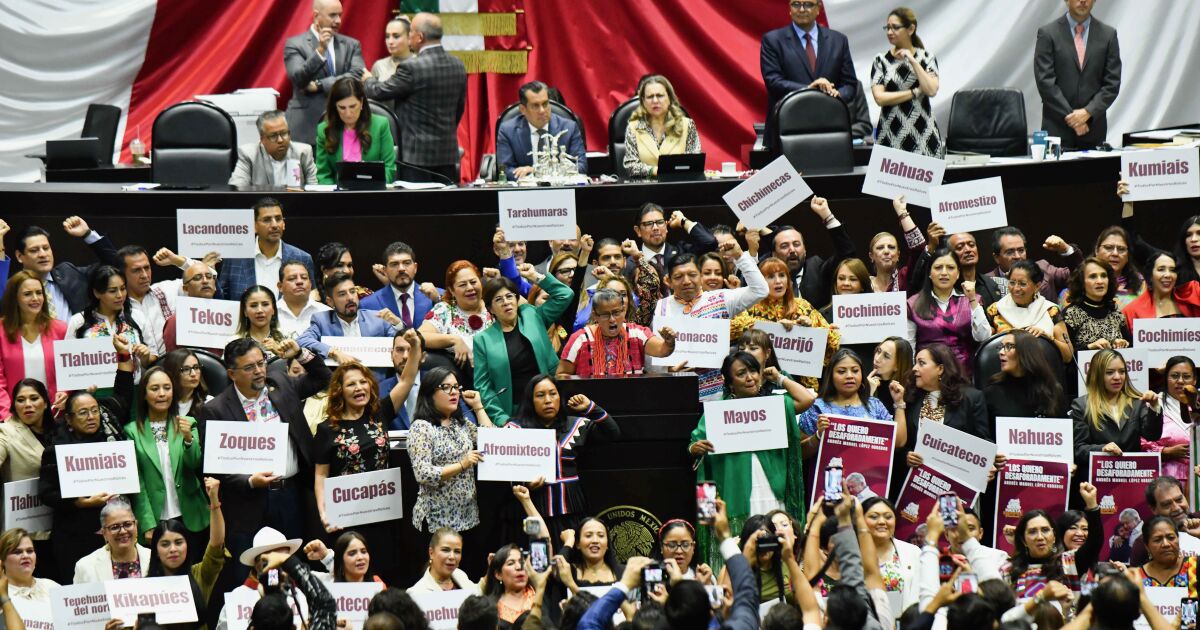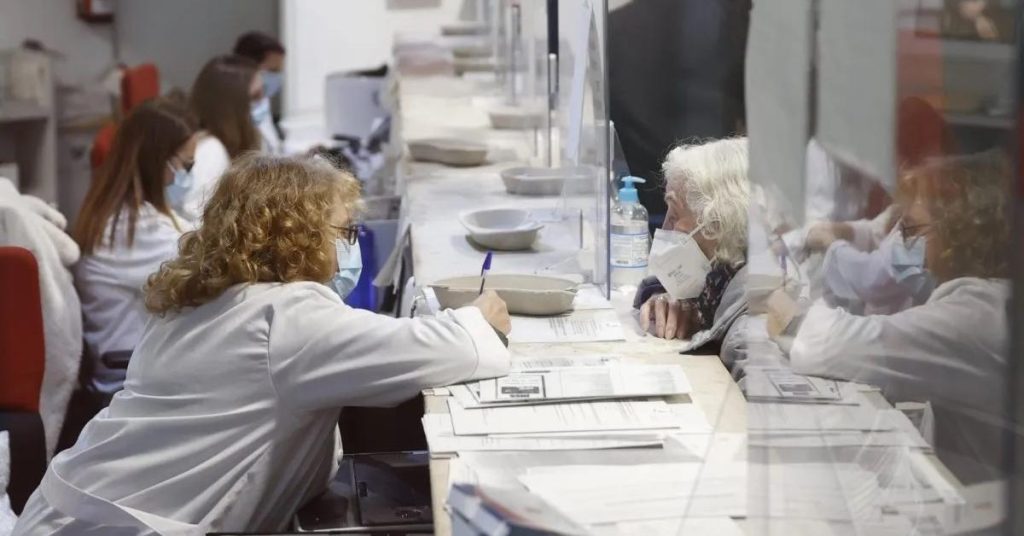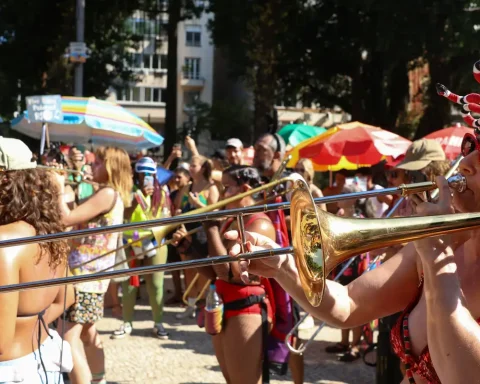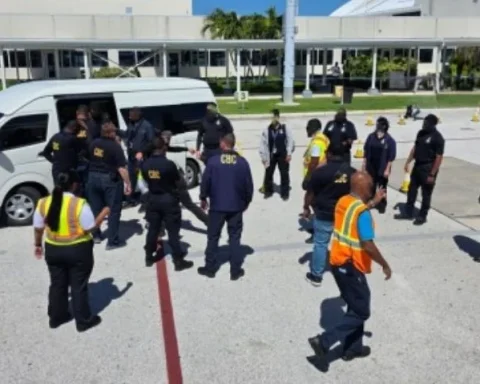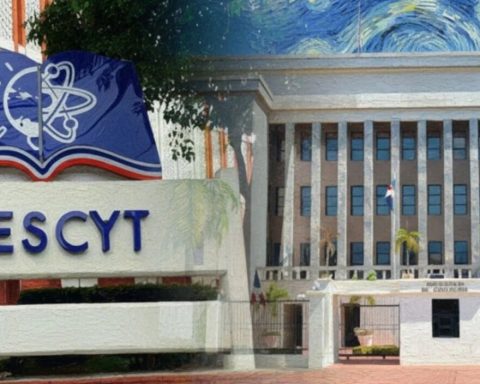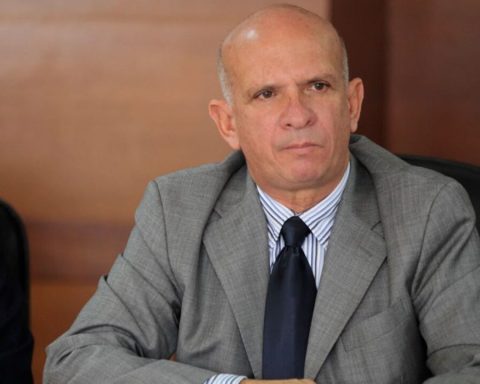In order to access justice, indigenous people will now have the right to be assisted and advised by interpreters, translators, advocates and experts specialising in indigenous rights, legal pluralism and gender perspective. Education in their language must also be promoted, their culture must be disseminated and encouraged, as well as the development of traditional medicine.
Although the opposition (PRI, PAN, MC) agreed with the reform, they questioned the budget to implement the modifications and pointed out that these constitutional changes do not solve the problems they have with this population.
During her speech, Senator Alejandra Barrales pointed out that indigenous peoples represent almost 20% of the population in Mexico, so 2 out of 10 Mexicans will be impacted by this reform.
The member of the MC said that the Movimiento Ciudadano bench supports these modifications, but maintained that this reform does not “completely” resolve the pending issues that exist in relation to indigenous communities.
“It does not fully resolve major issues that concern us all and that concern us all, such as – a recent fact – that 50% of indigenous women in the country have been victims of physical or sexual violence, which is an alarming fact. Therefore, it is vital to respect and recognize the rights of indigenous girls and women to education, justice, medical care and to participate in decision-making on all issues that affect this community,” said the MC member.
Meanwhile, Senator Mely Romero pointed out that public resources are needed to develop the actions mentioned in the reform, so she asked her colleagues to be “serious” in the legislation of secondary laws and to motivate the federal government to “truly” implement the programs mentioned in the new changes.
“Speech makes visible; legislation guarantees, but it is the execution that materializes. Seconding the approach of some colleagues: I reiterate that we must approach secondary laws responsibly and that we must motivate the government -which will be the executor- to truly implement the programs and define how the goals will be achieved and who will be responsible and how much budget will be allocated to achieve it,” declared the PRI member.
Meanwhile, Morena Senator Malú Micher requested that the sale of girls and forced marriages be classified as crimes in the secondary reforms on this matter.
“It is a concern that I put on the table because I know that secondary laws are coming. My concern is in the issue of customs and traditions. We have been fighting against the sale of girls and forced marriage and all these customs that, I hope, in secondary laws, because that is what is legislated, we classify it as a crime,” he said.
